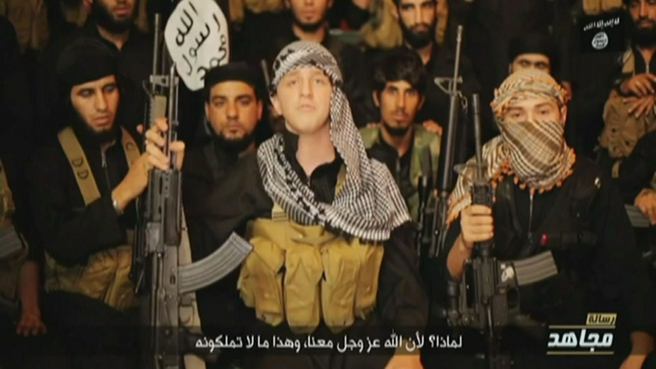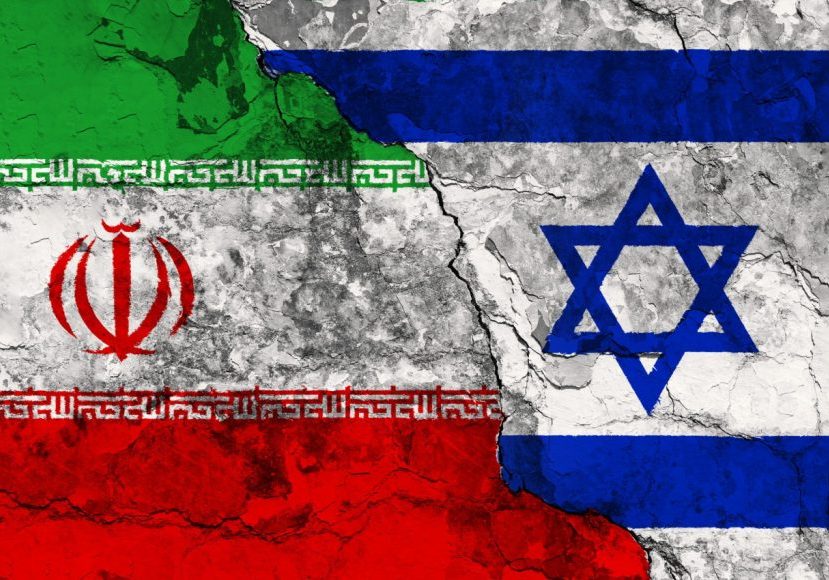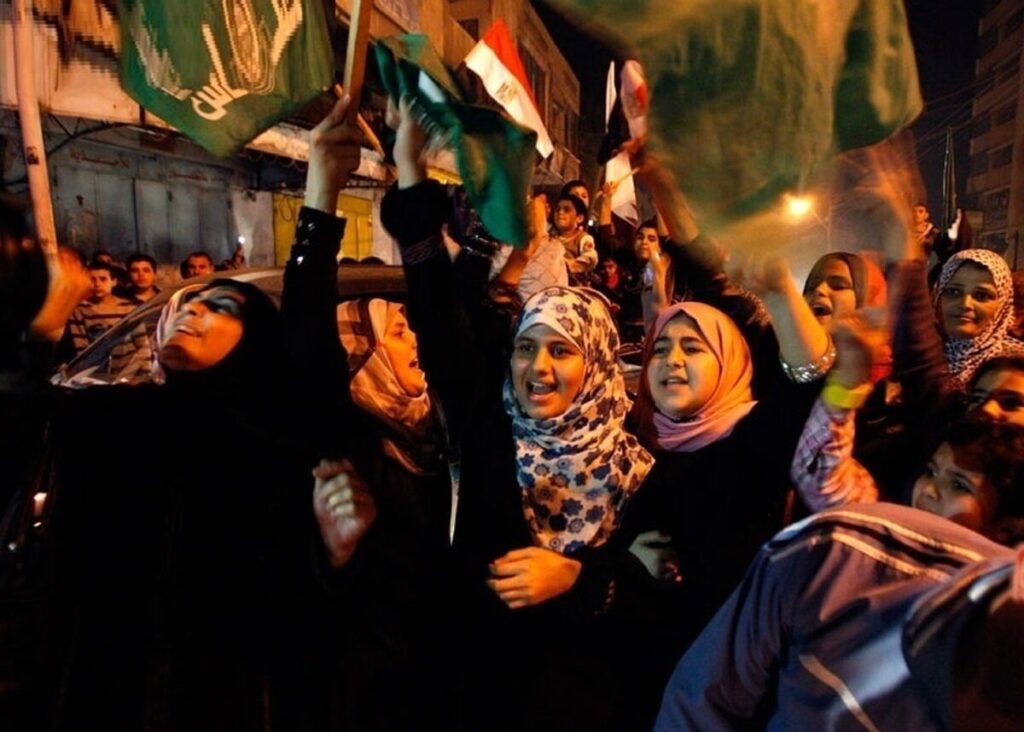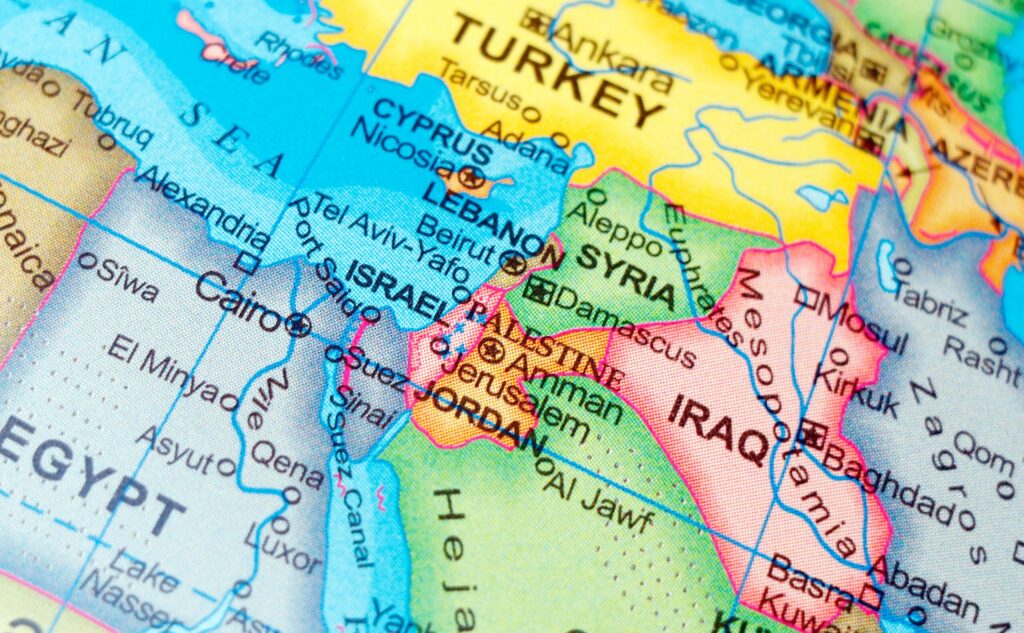IN THE MEDIA
Moral clarity about Islamic State needs zero tolerance of terrorism
Oct 24, 2014 | Ahron Shapiro

Ahron Shapiro
The Australian – October 24, 2014
IN Ottawa on Wednesday, a lone gunman rampaged in and around Canada’s parliament, killing a Canadian soldier before being killed. Authorities said he was a convert to Islam, radicalised to commit his act of terrorism.
That day in Jerusalem, a newborn girl was run down and killed in her pram when a vehicle intentionally rammed a crowded tram stop. The Palestinian driver, killed while fleeing, had an extensive arrest record for nationalistic violence and familial connections to Hamas. He was glorified on Hamas-affiliated websites as a martyr and a Hamas spokesman said his attack was only “natural”.
In Australia, we looked in horror at a photo of an Australian child in Syria holding a severed head aloft like a hunting trophy, basking in his father’s pride.
This week, a baby-faced jihadist joined Islamic State, the militia responsible in Syria and Iraq for mass executions and beheadings of aid workers and journalists, filmed to shock the civilised world. The AK-47-toting teen taunted Tony Abbott in a video that might have been grimly funny if people weren’t losing their lives daily to such bloodthirsty zealots.
All these disparate incidents are linked by Islamist terror, but when the violence is perpetrated against Israel, there is a widespread tendency in the media to rationalise it, suggesting Israeli policies invited or caused the attacks. This rationalisation is unfair and harmful to Israelis in general and Jews in particular, but lessons learned by Islamist terrorists from this immoral exemption extend far beyond Israel.
Mainstream Islamic groups have rightly distanced themselves from those who they say have misappropriated an Islamic identity while distorting the tenets of the religion, and it is true that extremism, even violent extremism, is not unique to Islam. However, the actions of Hamas and Islamic State are products of the same broad totalitarian ideological movement – Islamism – which draws on elements of Islam and recruits from Muslims around the world. Popular support for militant Islamists often translates into substantive recruitment for Islamist terror groups, targeting civilians to sensationalise their cause.
Recent polls show that Islamic State is more popular overall – not just among Muslims – in some Western states than in most Middle Eastern ones. A poll by the Washington Institute for Near East Policy found just 3 per cent of Egyptians expressed a positive opinion about it, as did 5 per cent of Saudis. In Lebanon, it was less than 1 per cent. Yet in a poll in August by ICM Research, 7 per cent of British respondents had a favourable view of the group, as did 16 per cent of French polled – rising to 27 per cent in the 18-24 demographic.
These numbers suggest large percentages of Western Muslims – and some non-Muslims as well – are attracted to the group’s violent totalitarian message despite, or because of, all its barbarism, beheadings, terrorism, mass executions, ethnic cleansing and selling women into slavery.
The message is chilling – Islamic State appears to have a tremendous ability to appeal to disaffected Muslims living in free societies in the West, more so than to populations within the Middle East, who perhaps have homes and families at stake, are more grounded in reality and less likely to be swept away by the hyped-up promise of a revolution.
This almost certainly also applies to some degree in Australia, as evidenced by the numerous Australians who have travelled to Syria and Iraq to join up, and the positive view of this behaviour expressed by some of their peers.
The allure of groups such as Islamic State should be understood as similar to that which drew people to past murderous totalitarian movements and their atrocities – Nazism, fascism, communism, Maoism. All claimed their violence and genocide were a justified self-defence against race, class or external enemies.
It begins with rationalisations that extreme violence is justifiable under the right circumstances, that terrorists are humans and their behaviour is understandable and motivated by injustice.
Once that red line has been crossed, the distance from justification to embracing the violence, and then glorifying it, is short.
There is a way back. We can begin by unblurring the lines, by defining terrorism consistently and ending the corrosive tendency to justifications for it and excuses. Only through a zero-tolerance approach can Western society restore to this growing quagmire the moral clarity it desperately needs.
Ahron Shapiro is a policy analyst at the Australia/Israel & Jewish Affairs Council.
Tags: Islamic Extremism











